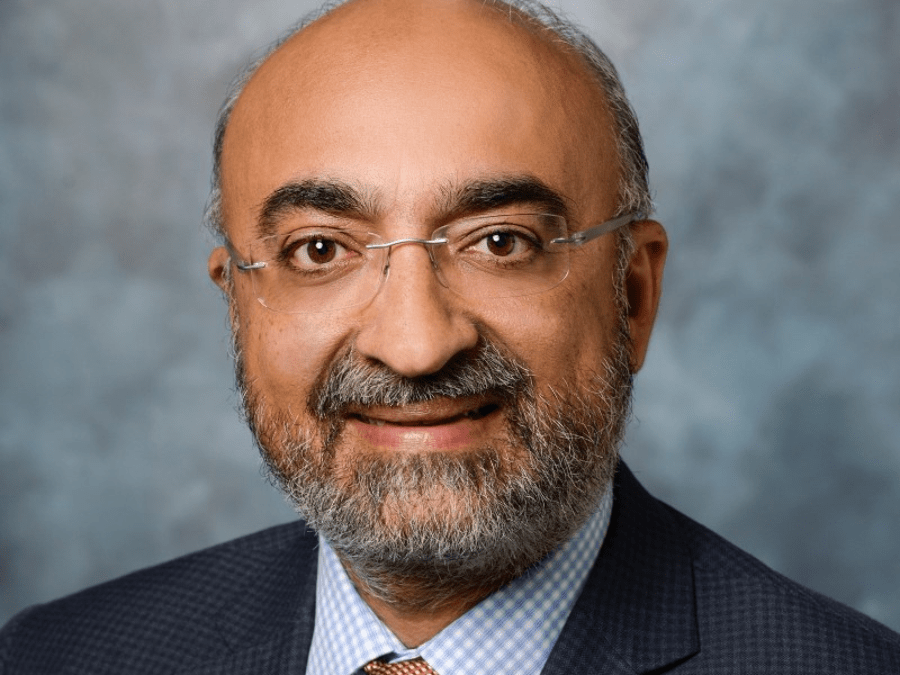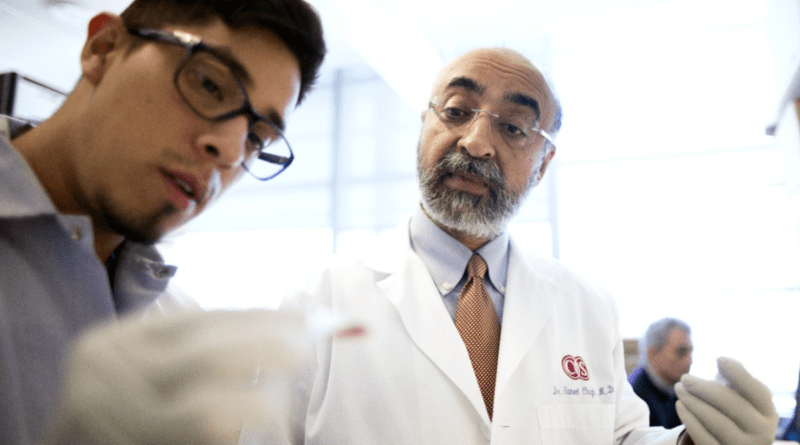Indian Doctor Bags The Epic American College Of Cardiology Reward
Dr. Sumeet Chugh, a cardiologist from Chandigarh, has won the annual distinguished scientist award in the clinical area from the American College of Cardiology for his groundbreaking research on cardiac rhythm disturbances, which are typically fatal.
Dr. Sumeet oversees the Heart Rhythm Centre and is an associate director of the Smidt Heart Institute at Cedars-Sinai in the United States. In addition to performing research into the causes and potential treatments of these aberrant heart rhythms, his team specialises in the detection and treatment of slow, irregular heartbeats.

Dr. Chugh has several distinguished positions at Cedars-Sinai, Los Angeles, including the Pauline and Harold Price Professor, Associate Director of the Smidt Heart Institute, Medical Director of the Heart Rhythm Centre, and Director of the Centre for Cardiac Arrest Prevention. In addition, he directs Cedars-Sinai’s Department of Medicine’s Division of Artificial Intelligence in Medicine. Over 100 employees, trainees, and personnel work in the clinical, educational, and research aspects of the Heart Rhythm Centre at the Smidt.
The yearly award is given to persons who have made significant contributions to the field of heart disease by the American College of Cardiology, the biggest academic cardiology institution in the United States.
Dr. Sumeet has a strong bond with the Postgraduate Institute of Medical Education and Research because he was reared in Chandigarh. His father, Dr. Kirpal Singh Chugh, who is regarded as the “father of nephrology” in the Indian medical community, had a profound influence on him throughout his early years. The 85-year-old Dr. Kirpal passed away in September 2017.
Before obtaining his MBBS degree at Government Medical College, Patiala, Dr. Sumeet lived in Chandigarh for eighteen years. Later, he relocated to the US, where he has been working towards his medical goals for 35 years.
When discussing the importance of treating cardiac health seriously, Dr. Sumeet stated, “Our main goal is to prevent cardiac arrests, which are conditions in which the heart experiences electrical chaos and stops.” The heart isn’t pumping, which is extremely deadly because it cuts off the blood flow. This is a dangerous circumstance. Only 5 to 10% of people survive cardiac arrest, which claims the lives of 5 to 7 million people worldwide.
It takes early prediction to have a significant effect. My work focuses on determining the most reliable methods for cardiac arrest prediction so that appropriate preventive actions can be taken.
In order to address the complexity of sudden cardiac arrests, we began tracking one million city dwellers in 2002, established a cooperative network with emergency services, and connected out-of-hospital incidents to life histories for thorough research, the speaker continued.
“Walking for 30 minutes, six times a week, is an effective way to reduce your risk of cardiac arrest. Eat healthily and stay within a healthy weight range to prevent diabetes. Limit your intake of salt to help control high blood pressure. According to Dr. Sumeet, leading a healthy lifestyle, quitting smoking, and being proactive all greatly lower the risk of coronary heart disease.




